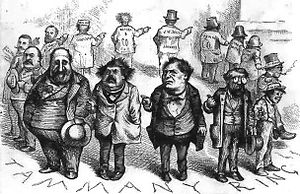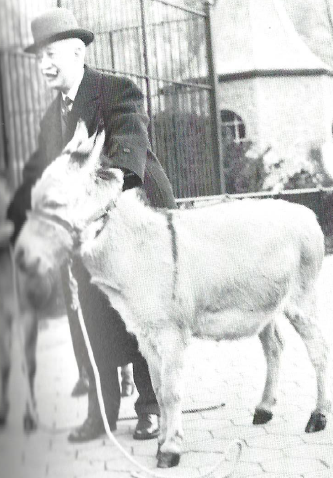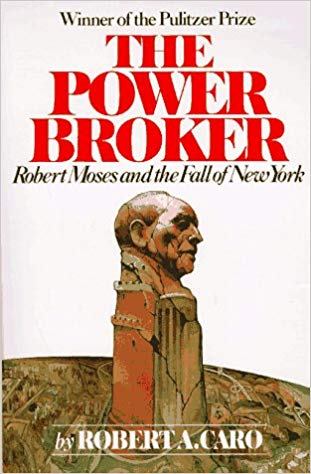Chapter 7 – Change in Major

The backgrounds of Robert Moses and Al Smith could not have been more different. Moses has a wealthy, sheltered upbringing, Smith was brought up in the tenements of New York lined by flop-houses and saloons. Smith’s father died when he was in his teens, and he had to help support his mother and his sister, starting work at 13. Eventually he ended up at Fulton Fish Market where he stayed for four years. He spent the rest of his youth labouring. He got his first political job at the age of 22 where his relationship with Tammany Hall began.
He involved himself in the local drama group and his acting improved his public speaking. He ran political errands, making himself well known and popular in his local district. He got his first government job and was married in 1896. In 1903 he won his first election as a Tammany assemblyman.
He was self-taught, reading legislative bills by night while others were in the saloon. In his second term he was elected to two committees. He was offered the post of New York City Superintendent of Buildings but chose to pursue his political career. In 1906, having been elected to Albany District for the fifth time, he began to use his voice. In 1911, the Democrats won both houses of the Assembly, and Smith was elected Majority Leader.
After a fire disaster in a sweatshop – the Triangle Shirtwaist Factory Fire, killing 141 workers, Smith had himself put on the Commission to investigate factory conditions. He began to impress Reformers with his concern for ordinary working people.
In 1913, the Democrats won the Assembly again, and Smith was elected Speaker and became a commanding figure, not only supporting Tammany bills, but Reformer bills as well. In 1915 he fought for the Reformer Commission’s proposal to reorganise the state’s government, but the Tammany hierarchy were fighting against it and eventually Smith succumbed to the Party. He continued, however, to persuade his party to champion social welfare legislation. By changing the Tammany image, he would open up his own route to Governor. By 1918, he was given the nomination for Democratic Governor and when he won, he was paraded through Albany.

Smith appointed Reformers to his administration and was himself progressive in his first term. However, he despised most Reformers because their idealism prevented practical measures that could help the poor and struggling cope with hardship. He called them “crackpots”. But Moses was different. He was treated as one of the family by Smith. Smith admired Moses’s education, his dedication and in-depth knowledge of the administration. But Moses had himself changed. His new-found pragmatism he had widened his circle of contacts and was more politically astute under Belle Moskowitz’s tutelage, curbing his idealism and practising the art of the possible. He now talked of Smith with admiration, especially with regard to Smith’s political manoeuvres. Moses, as Secretary of the Reformer Association, a seemingly independent body promoting good government for New York, became a partisan voice in the 1922 race for Governor, attacking the Republican incumbent Nathan L. Miller. Although this was bad for the Association, forcing many members to resign over its lack if independence, it brought Moses even closer to Al Smith.
In 1923, as newly elected Governor of New York, Al Smith went back to Albany, and took Robert Moses with him.
Analysis & Key Takeaways
- Tammany hall was a bit of an actors studio. A good politician in variably takes up acting at to some point: it’s a job requiring an ability to emotionally appeal to your audience. Al Smith was a thespian;
- Al Smith was not an idealist and despises impractical reformer goals because he knows that to get things done is pretty gross/practical sometimes;
- Al Smith was a business man who worked in a trucking company; he was from Oliver street ie poor. Al smith chatted with everyone in his neighbourhood. “Let me know if you need help.”Al Smith was a business man who worked in a trucking company; he was from Oliver street ie poor. Al smith chatted with everyone in his neighbourhood. “Let me know if you need help.”
- Having ones ideas be realized into reality is obviously essential to creating more money but value is still created regardless of whether the idea materializes, you never know when an idea could be most useful so keep track of them;
- He was a reader; people who read are > then people who don’t. Sad but true. You could go to Harvard where by definition you are forced to read, but the people who make the most impact usually read (in the public sphere).


